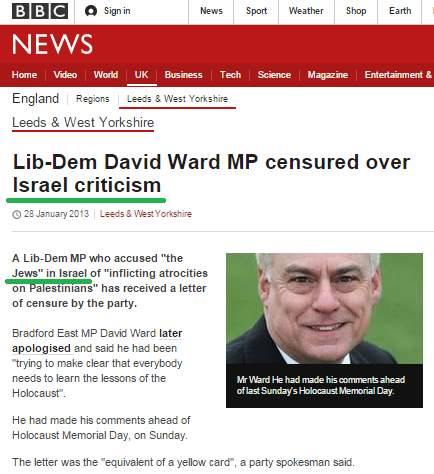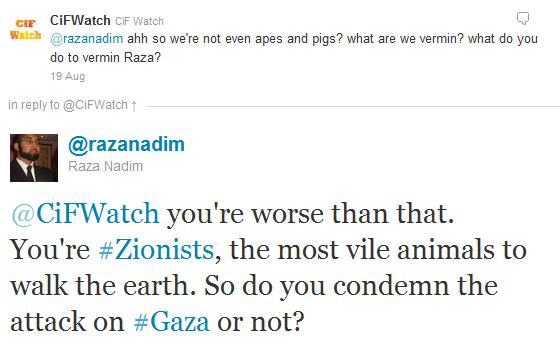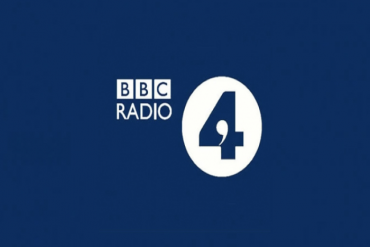1) Denmark and Norway recently announced cuts in funding to Palestinian NGOs supporting BDS and/or with links to the PFLP terror group. In an interview at the Gatestone Institute, Professor Gerald Steinberg of NGO Monitor – which has conducted contributing research on the topic – explains.
“NGO funding – under the banner of “development” and “civil society” — has been a major part of Western European foreign policy for the past two or three decades. In addition, many of the countries give money to NGO networks because they see that other countries are doing so. They figure that if others are doing it, it must be good for Europe. Moreover, much of the system is faith-based, in the sense that all a group has to say to garner the support of many European politicians is that its mission is to promote human rights. The words have a “halo effect,” a term used in psychology to describe the tendency to favorably judge people, companies, groups, products, and so forth, based on the image of morality or some other positive factor. In the context of NGOs, groups that claim to promote values seen as universally good – such as peace, human rights, justice and coexistence – are automatically perceived as credible and above criticism or investigation.”
2) Also at the Gatestone Institute, Khaled Abu Toameh reports on a story involving the Palestinian Authority of the type that BBC audiences never hear.
“Mohammed Al-Dayeh has been under interrogation on suspicion of establishing and managing two Facebook pages – “Sons of the Martyrs” and “No to Corruption.” The Palestinian Authority claims that both accounts were used to wage a smear campaign against top Palestinian officials and accuse them of financial and administrative corruption.
There is only one small problem regarding the charges against Al-Dayeh: The man cannot read or write, and as such there is no way he could have posted the offensive remarks on Facebook.”
3) Just days before the protests in Iran began Raz Zimmt of the INSS published an article that provides background to that story.
“Since his reelection, Iranian President Rouhani has pursued a policy that to a great extent disregards the demands of the reformists who supported him during the elections and reflects a shift toward the conservative camp. This trend is evident in the President’s political appointments, his reneging on promises of civil reforms, and the reduced tension, at least in public, vis-à-vis the Revolutionary Guards. Disappointment with the President is evident among the reformists, although the prevailing opinion is that they should continue supporting him and not risk letting the hardliners gain an upper hand. The President’s conduct reflects his identity as a fundamentally conservative politician, his priorities, the limits of his power versus the conservative establishment, and his long range political aspirations. His recognition of the limits of his power and his focus on improving the economic situation may indicate political insight, but his failure to respond to the public’s demands is liable over time to exacerbate the Iranians’ despair and pose a growing challenge to his regime.”
4) Writing at the Atlantic, Jonathan Schanzer of the FDD reports on a trial relating to Iranian sanctions evasion.
“Yesterday, Turkish banker Mehmet Hakan Atilla was found guilty in a Manhattan courtroom for a range of financial crimes. His dramatic trial revealed that tens of billions in dollars and gold moved from Turkey to Iran through a complex network of businesses, banks, and front companies. […]
A dual Iranian-Turkish national, [Reza] Zarrab was the swashbuckling gold trader who had helped Iran evade sanctions with the help of Turkish banks in 2013 and 2014, yielding Iran an estimated $13 billion at the height of the efforts to thwart Tehran’s nuclear ambitions. A leaked report by prosecutors in Istanbul in March 2014 suggested that Zarrab spearheaded a second sanctions-busting scheme involving fake invoices for billions more in fictitious humanitarian shipments to Iran that were processed through Turkish banks.”



